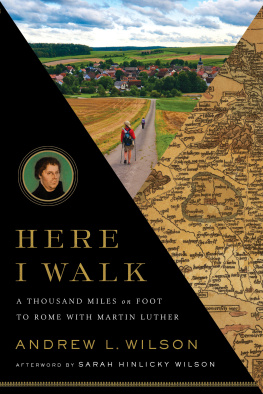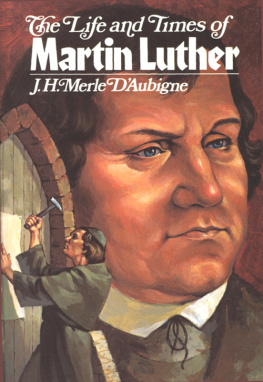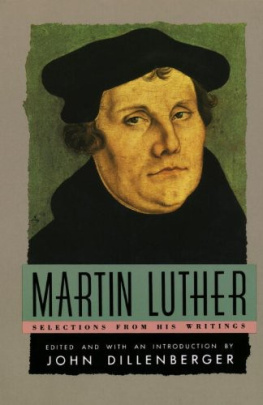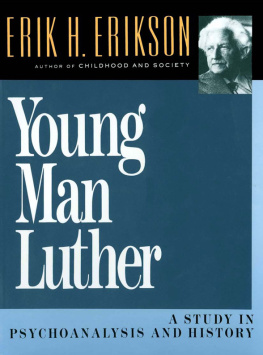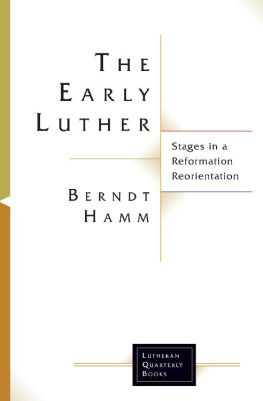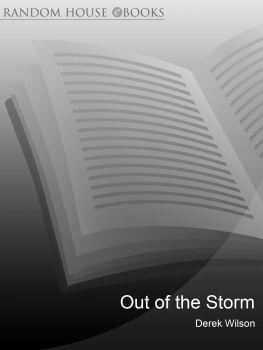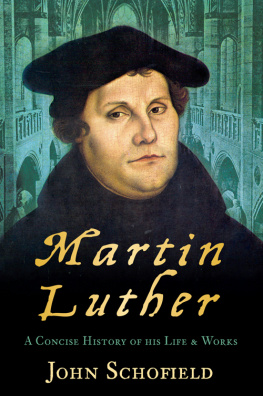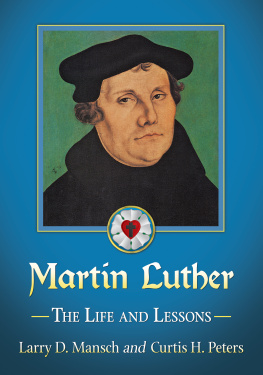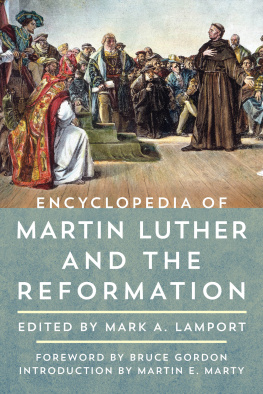From the Other Pair of Feet
S ARAH H INLICKY W ILSON
Andrew is the kind of person who has to run seven miles every day to be happy. Seven miles barefoot and uphill both ways, if possible. Sometimes instead of running, he swims a mile and a half. Scaling walls or leaping along the top level of jungle gyms is what he does just to relax.
I am not like this. Until I met Andrew, due to a combination of bookishness, bad experiences in gym class, and a poor grasp of human physiology, I had acquired the conviction that the human body is a very fragile and delicate piece of sculpture, liable to snap and collapse at the slightest exertion. I accordingly considered the ability to sit very still for hours on end the highest physical achievement. I did not sweat. I did not walk. I certainly did not walk for seventy days on end.
So when we were approaching La Stortathe last stop before Romeand I suddenly realized wed done it, Id done it, a whole thousand miles, I burst into tears of joy and victory. Andrew couldnt figure out what the big deal was. He seemed to regard the walk thus far as the light stretching that precedes real exercise, like an Ironman competition or an ultramarathon in Death Valley.
I gather most people are more like me than like him. In these pages Andrew has offered to you the spiritual, theological, historical, and ecumenical significance of Luther en route to Rome, the ensuing split, and the recent efforts at repair. But the first reactions we got along the way and ever since have centered on the sheer impossibility of walking as far as we did. So now, at the far end of both the journey and the book, Ill offer some words about the proven possibility of walking so far.
Its pretty simple. You just put one foot in front of the other.
This may sound absurd, but thats really all there is to it. Pilgrimage does not require physical feats of Olympic prowess, which explains why children, cloistered nuns, and fat burghers have all managed to do it over the centuries. All you have to do is take another step. If you can walk at all, you can walk to Rome.
That is not to say it is effortless. We trained in advance of departure, starting with two-hour walks, building up to four hours, and a couple of times we devoted most of a day to walking. That probably helped, but nothing really prepares you for walking all day, every day. The first week was by far the worst for me, not least of all because for some curious reason I completely lost my appetiteas far as I can recall the only time in my life that has ever happened, apart from stomach flus. By the third week, I realized that my only job was to walk and to sleep, and even the sleeping part was only to facilitate the walking part. By our last stop in Germany, my hunger had gone from nonexistent to huge. I choked down my first banana in twenty-four years. In Italy we consumed countless ham-and-pecorino sandwiches, lightly perfumed with hand sanitizer. By then we hardly even stopped to sit while we ate. We nicknamed our daily dose of chocolate Vitamin CH. By weeks eight and nine, we had learned the necessity of eating every single hour to prevent emotional and physical crashing. Beforehand I would have thought a valid excuse to eat every hour was heaven. In reality it was revolting, and during the last week I willingly started scaling back in preparation for normal life.
There were other deprivations that made the walk hard beyond the physical challenge. First and foremost and like a constant nag was the separation from our Zeke. The weekly visits during the first half of the walkthrough Germany and the Alpswere never long enough, and the good-byes were always wrenching. In Italy it was much easier with the knowledge that wed see each other again every evening, but it was still no picnic putting ourselves through a good-bye every morning.
Then on quite another level, for this bookish pilgrim the absence of written material in my life bordered on torture. I was far too tired in the evenings to read, and what little time we hadless and less as our treks stretched farther and the daylight got shorterwas spent communicating with the outside world via social media. I remember vividly one particular day in Switzerland when the astounding scenery could not interrupt the circuit of about a dozen thoughts that raced through my brain, over and over again, till in desperation I started bellowing out to the peaks and valleys how bored I was. It didnt help much.
And add to that a particular malaise of mine: an extreme susceptibility to earbugs. Once in my early twenties I flew to France to join the Orthodox community in Paris for Holy Week and Easter. The last music I heard on the radio before I left home was the Rolling Stones. It never left me, not once, to the point that during the great vigil, in a crypt in the middle of the night, the priests solemn intoning of Wisdom, let us attend alternated with my mental scourge of Its the honnnnnnnky-tonk women! Not quite as jarring but nevertheless torturous was an entire week of pilgrimage to the tune of Bruce Springsteens Dancing in the Dark, which I had overheard in a caf. It was not a particularly amenable accompaniment to prayer.

